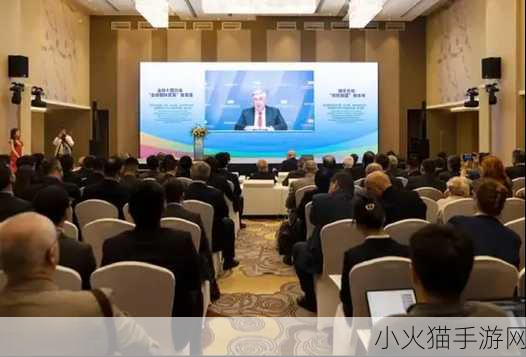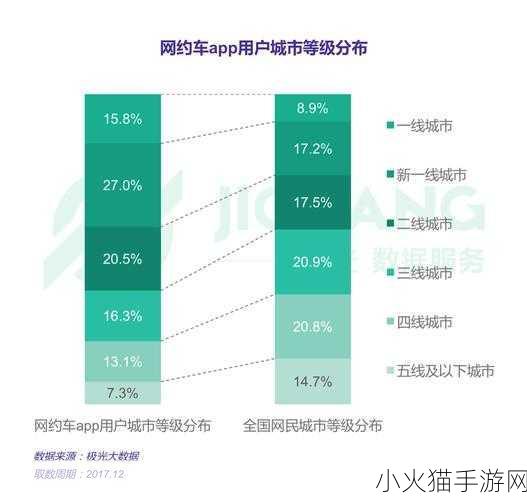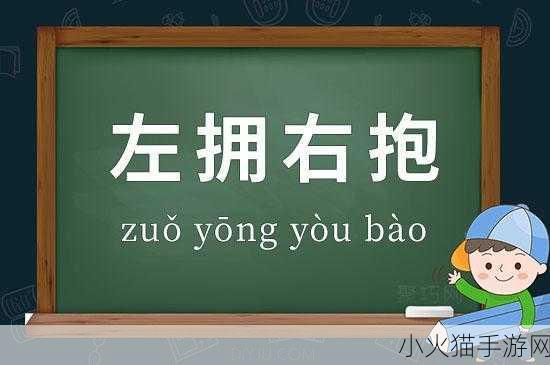17.c-起草国卢的背景及重要性
近年来,全球面临着许多环境和经济挑战,各国都在努力寻求解决方案。作为国际法规的重要组成部分,17.c-起草国卢旨在通过合作与协调来应对这些问题。这一议案不仅关注生态保护,还强调可持续发展,希望各参与国家能够共同制定行动计划,以提升资源利用效率,并减少浪费。
目标与愿景
该政策框架设定了明确的目标,包括减轻气候变化影响、促进生物多样性以及推动绿色技术的发展。它鼓励成员国采取积极措施,在能源使用、废物管理等多个方面实现创新。同时,这也为企业提供了新的商业机会,通过投资于环保项目,使其产品线更加符合市场需求,从而获得竞争优势。

实施策略
为了达成上述目标,各国需要制订具体的实施策略。例如,加强立法以支持可再生能源的发展,提高公众意识以激发社会参与。此外,通过建立区域合作网络,共享成功经验,可以提高整体执行效果。这种跨境协作也有助于统一标准,使得不同国家之间的相互信任增强,为未来更深入的合作打下基础。
监管机制与评估体系
A良好的监管机制是确保政策有效落实的重要保障。监测系统将被引入,以追踪实施进度并评估成果。成员国需定期向国际机构报告进展情况,同时接受外部审查。在这一过程中,将会识别出最佳实践,为其他国家提供借鉴。此外,数据透明化也是关键,让公众了解政府举措背后的逻辑,以及所取得的成绩,有助于形成广泛共识。

社会参与的重要性
Sustainable development requires the active participation of society as a whole. Non-governmental organizations (NGOs), local communities, and businesses all play essential roles in pushing forward the agenda set by 17.c-起草国卢. By fostering grassroots movements and encouraging public dialogue on environmental issues, awareness can be raised significantly. Such engagement not only empowers citizens but also ensures that policies reflect the needs and aspirations of diverse groups.
面临的挑战及机遇
The road to implementation is riddled with challenges such as political reluctance, economic constraints, or social resistance. However, these obstacles do not diminish its importance; rather they provide opportunities for innovation and collaboration among stakeholders. For instance, new technologies may emerge from addressing specific barriers faced during policy execution. Tackling opposition through education campaigns could ultimately foster greater acceptance across different segments of society.







